 by Fr. Lawrence Farley –
by Fr. Lawrence Farley –
In his list of virtues which comprise the fruit of Spirit working in one’s life, St. Paul lists that of “goodness” (Greek agathosune, αγαθοσυνη) about midway in the list (Galatians 5:22f). One scarcely speaks of goodness as one of the virtues anymore. In our culture describing something as “good” is rather tepid praise; it is like saying something is “okay”, and “good” comes first in our ascending ladder of praise—“good, better, best”. Love, joy, and kindness are praised and admired, but goodness is hardly remembered at all.
Indeed, though it stood toward the summit of virtues in the ancient world, our culture replaces “goodness” as the summit of virtues with “tolerance”—a tolerance always subject to the whims of fashion and standing within a world which knows no unchanging moral compass. Those whims might dictate almost anything. [Read more…]

 by St. Anthony the Great –
by St. Anthony the Great –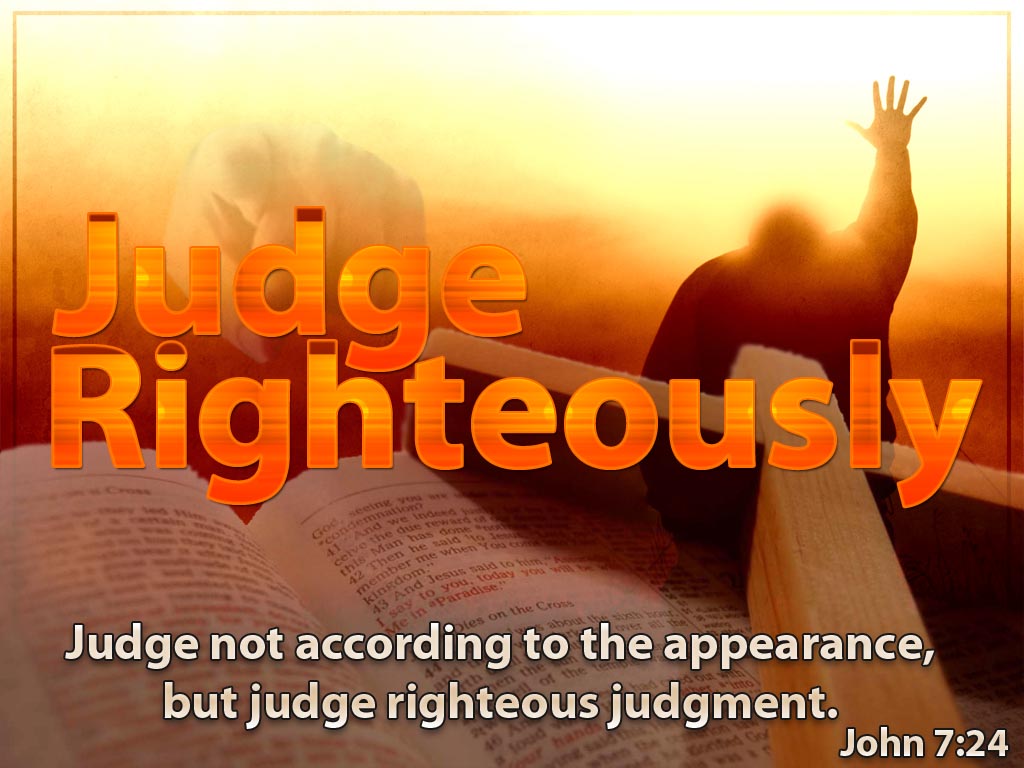 by Robert Meyer –
by Robert Meyer – by Tom Jay –
by Tom Jay –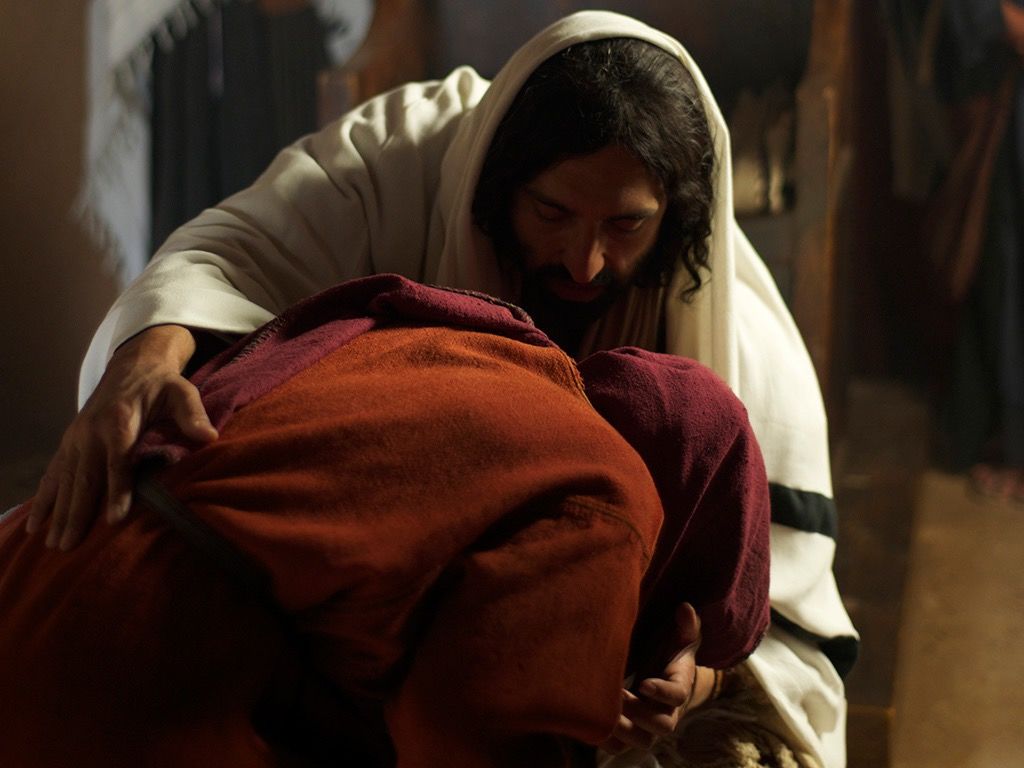 by Lisa Moeller –
by Lisa Moeller –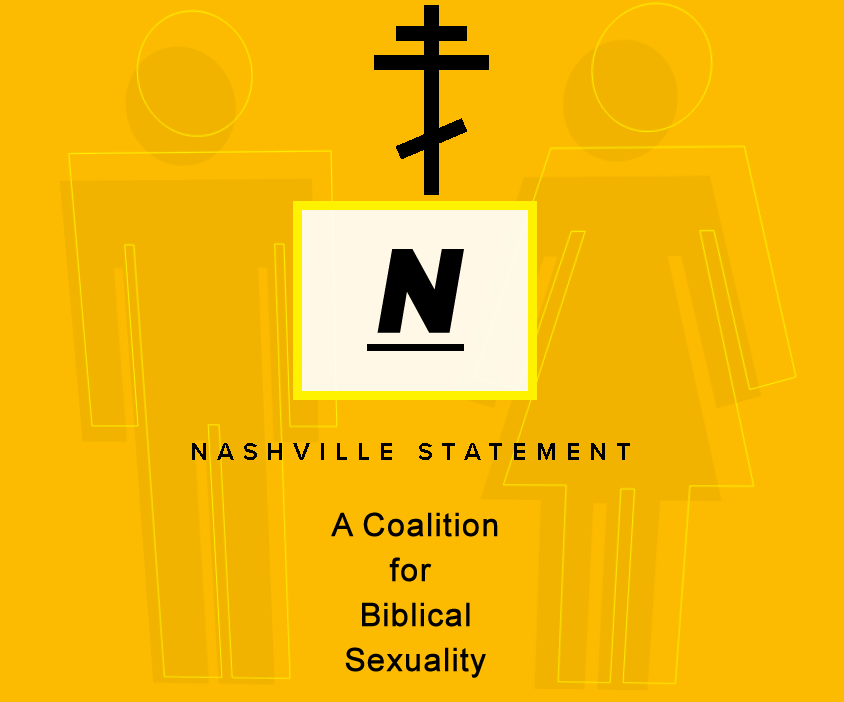 Here’s a worthy, true, and clear statement that all Orthodox Churches and hierarchs in America should support.
Here’s a worthy, true, and clear statement that all Orthodox Churches and hierarchs in America should support. by Patriarch Kirill of Russia –
by Patriarch Kirill of Russia –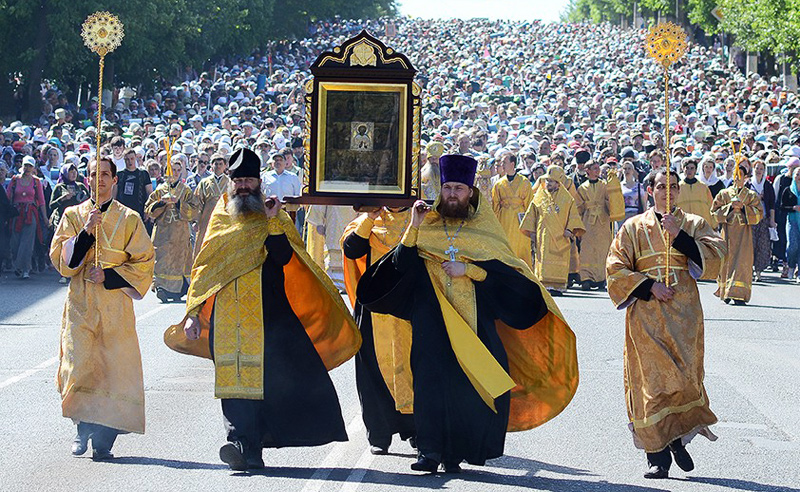 by Fr. Ioannes Apiarius –
by Fr. Ioannes Apiarius – by Michael W. Chapman –
by Michael W. Chapman –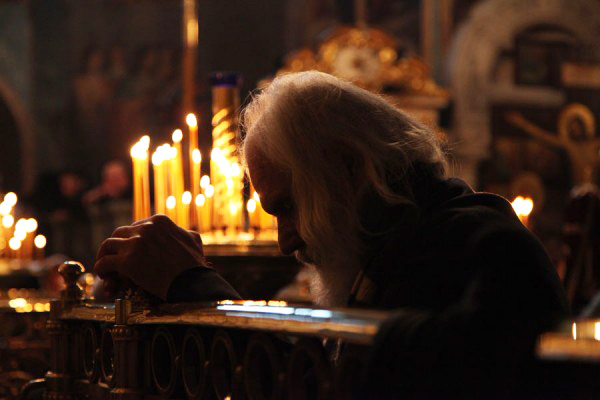 by Bishop Arsenius (Zhadanovsky) –
by Bishop Arsenius (Zhadanovsky) –